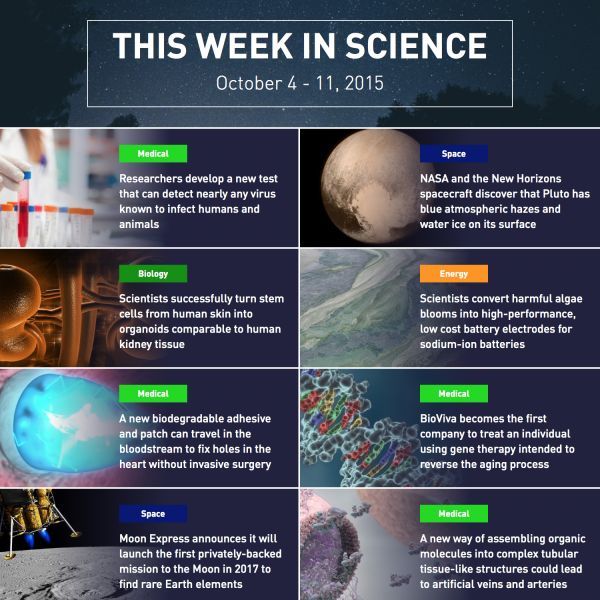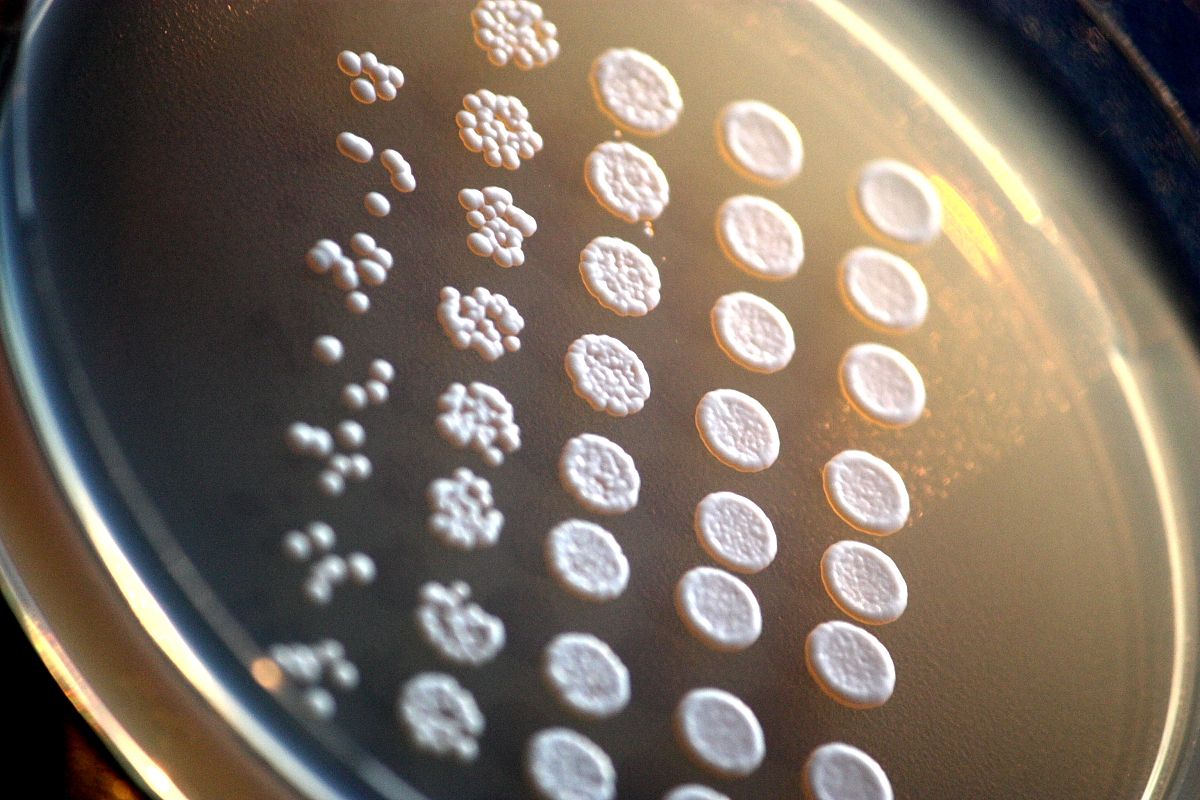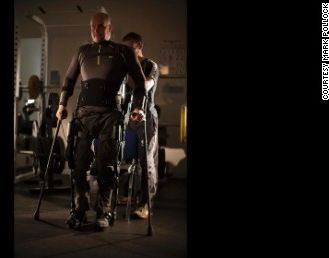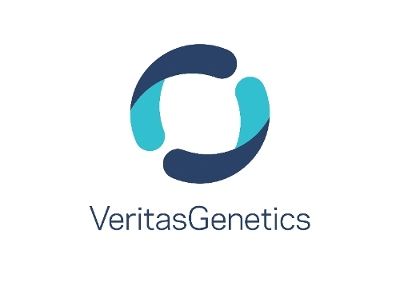Oct 11, 2015
Key to longevity? Blocking over 200 genes boosts lifespan
Posted by Dan Kummer in categories: biotech/medical, genetics, health, life extension, nanotechnology
Aging is 100% genetic, the reason you go from infant to child to adult to old age.
We need to be scrutinizing Progeria, and the case of the girl who died at 20 and was stuck at the age of a toddler, for the key to the genes that will pause aging. While nanotechnology advances parallel with the cure for all diseases.
Once a bucket of genes linked to aging is removed, the lifespan of cells increases significantly, American scientists discovered during ten years of meticulous research, stressing that the results could be applied to humans.
Continue reading “Key to longevity? Blocking over 200 genes boosts lifespan” »














